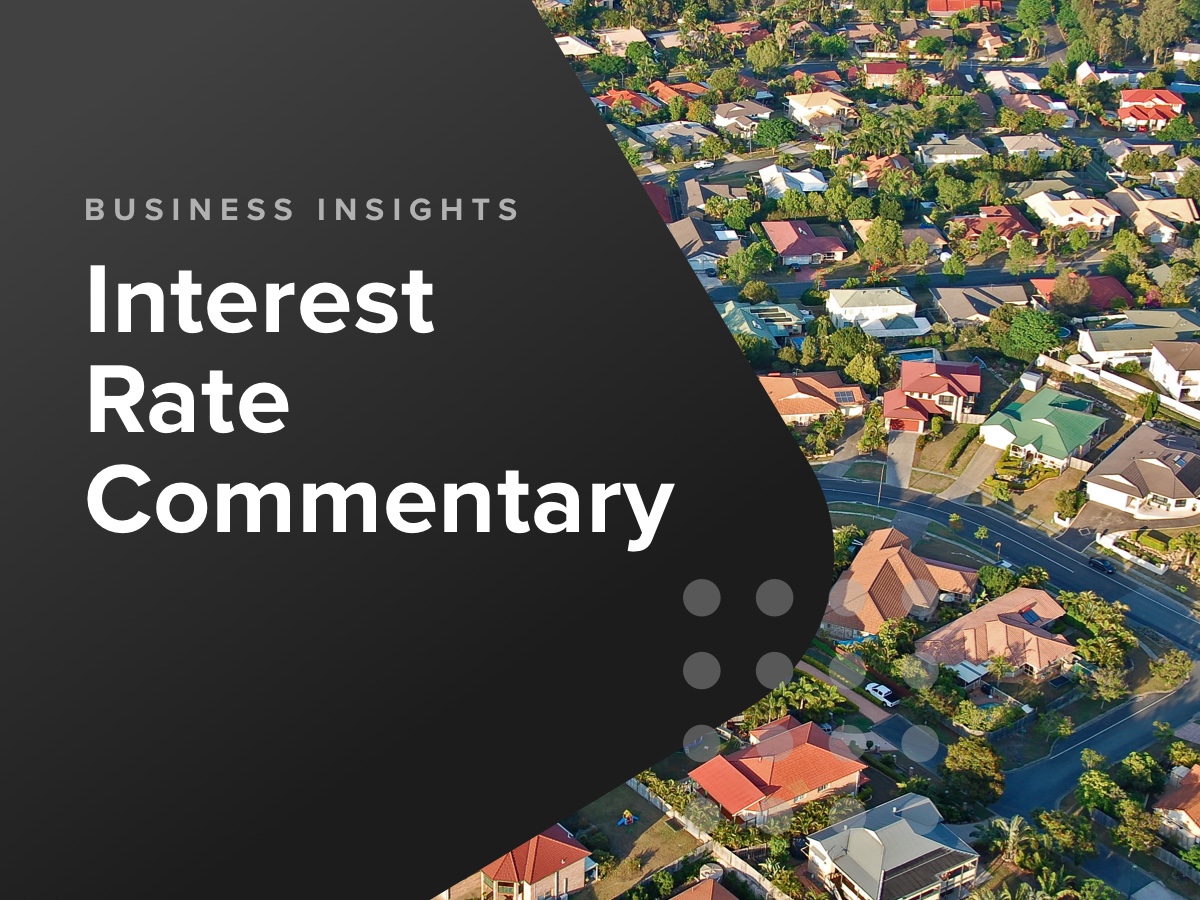Small business success takes a village
Small business owners are often guilty of wearing many hats, but this is a (fashion) faux pas that can pull you away from the focus of growing your business.
Accounting is one area that SME owners should consider outsourcing. Seeking help with your finances might seem daunting, but it’s one of the best ways forward in an economy rife with legislation changes, post COVID-19.
As Brad Bulow of Sammut Bulow Bennett Partners says, “the days of cheque butts and shoeboxes of receipts are gone.” Brad and his team pride themselves on offering tailored business solutions to thousands of small businesses across Queensland.
CreditorWatch Queensland Sales Manager George Wolf spoke to Brad about the value SMEs can get from an accountant and found out it’s more than just a numbers game.
What kind of questions should a small business owner ask an accountant to gauge whether they’re a perfect fit?
Everyone’s different. You might be someone who feels that you’re on top of everything and you just want to see your accountant once a year – that’s fine. But, if you want extra insights and services from your accountant, you need to be open minded and ask questions that will help you understand the value they can offer your business.
Seek to understand the accountant’s qualifications, pricing structures, the firm’s values and whether they are actively involved in your community or industry.
When you meet an accountant for the first time, it’s also important you believe they’re passionate and genuinely interested in you and your business, regardless if you’re starting a lawn mowing business or opening a doctor’s surgery.
How has Xero and MYOB changed the nature of the services you offer small businesses?
9 out of 10 of our customers are using online accounting platforms. It’s becoming the norm, and honestly, it’s better for all parties involved. Having access to live reporting and data means the relationship between an accountant and a client can be one of immediacy. If there is a problem, we can help identify it right away.
There’s a possibility that as customers become more familiar and better trained on these products that there will be pressure on us as accountants to deliver more value than just a tax return or set of financial statements. Businesses really need to be asking what sort of additional support and services they can get from their accountant for their compliance spend.
What are the other types of services small businesses can receive from an accountant?
More and more of our clients are taking us up on coaching and mentoring services. We can meet once a month to discuss their other needs, areas of the business that might not be working well, assess how they’re performing financially and if they’re on track to meet their goals.
Accountants can also act as an external CFO. Some business owners are amazing at what they do, but one of their biggest pain points is that they don’t understand numbers, so we can take that burden off them. We pitch ourselves as a ‘financial GP’ that can provide a holistic range of services, including cash flow forecasting, tax planning, business restructuring, and KPI and software system analysis.
But an accountant can’t do it all, so that’s why we combine with specialist teams and partners to ensure we’re covering as many bases as possible.
We have wealth, risk, bookkeeping, lending and HR divisions, marketing/digital as well as strong referral relationships with professionals like real estate agents, surveyors, town planners, and law firms – because we can’t do it all. It’s our role to make sure our clients are talking to the right people.
What are the biggest mistakes small businesses make that affect their cash flow?
A lot of business owners don’t prioritise their debt collection or don’t have automated debt collection processes in place. When you go to Woolworths to buy groceries, you need to pay on the day, but it tends to be different in the commercial world.
Whether your client is your best friend or a stranger, they all need to be treated equal when it comes to collecting payment. If you don’t have an effective debt collection process, you risk losing good staff, cutting down on your overheads, and ultimately, watching your business collapse.
Even before you reach this point, doing your due diligence on your clients is essential, especially if they’re going to contribute a big chunk to your revenue.
2020 was a difficult year for many. How do small businesses strengthen their likelihood of success in the new year?
First and foremost, small business owners have to be realistic and set goals accordingly. You might have had a great 2019, but be honest with yourself in terms of what is achievable in 2021, as it may take time to reach those levels again. My tips:
- Take care of your health – not just your business’s financial health, but your personal health and that of your family’s. These things tend to show in business performance.
- Choose the right clients. If your clients are consistently missing payments or pushing you to reduce costs and you’re forced to deliver an inferior product, it’s time to assess whether this client is good for you and the reputation of your business. It’s okay to say no.
- Look at your profit and loss statement and review business costs, like marketing, subscriptions, web development, insurance and information technology. Some areas might need more, and some might need less.
- Spend time with your staff. They’re a key part of the journey and their feedback is critical to your business. We often see staff more than we see our own families and their advice is the best you can get.
- Recognise your strengths and weaknesses. Find a mentor to bounce ideas off, help you develop a plan to better yourself and really understand what you want out of life – not just your business. That’s been a great investment for me personally.
For more specialist small business advice from Sammut Bulow Bennett Partners, download the A to Z Small Business Survival Guide.
 Brad Bulow
Brad Bulow
Brad Bulow joined Queensland-based Sammut Bulow Bennett Partners in 2005 and became Partner in 2007. Ipswich born and bred, Brad is actively involved in the local community and a member of a number of advisory boards.
He is passionate about client-centric accounting and business advisory services and offers advice to organisations on their strategies and how best to achieve them. Connect with Brad via LinkedIn.



